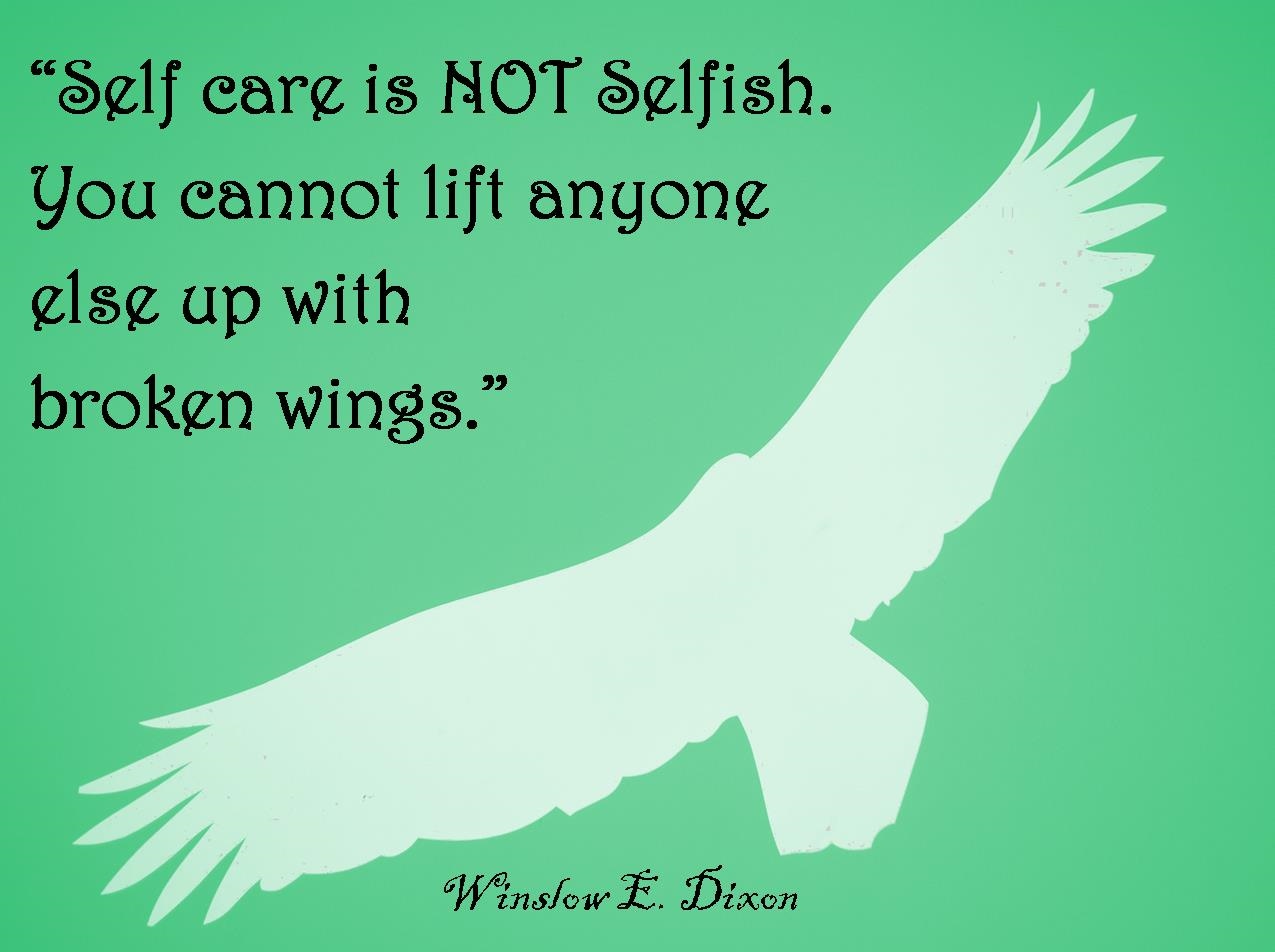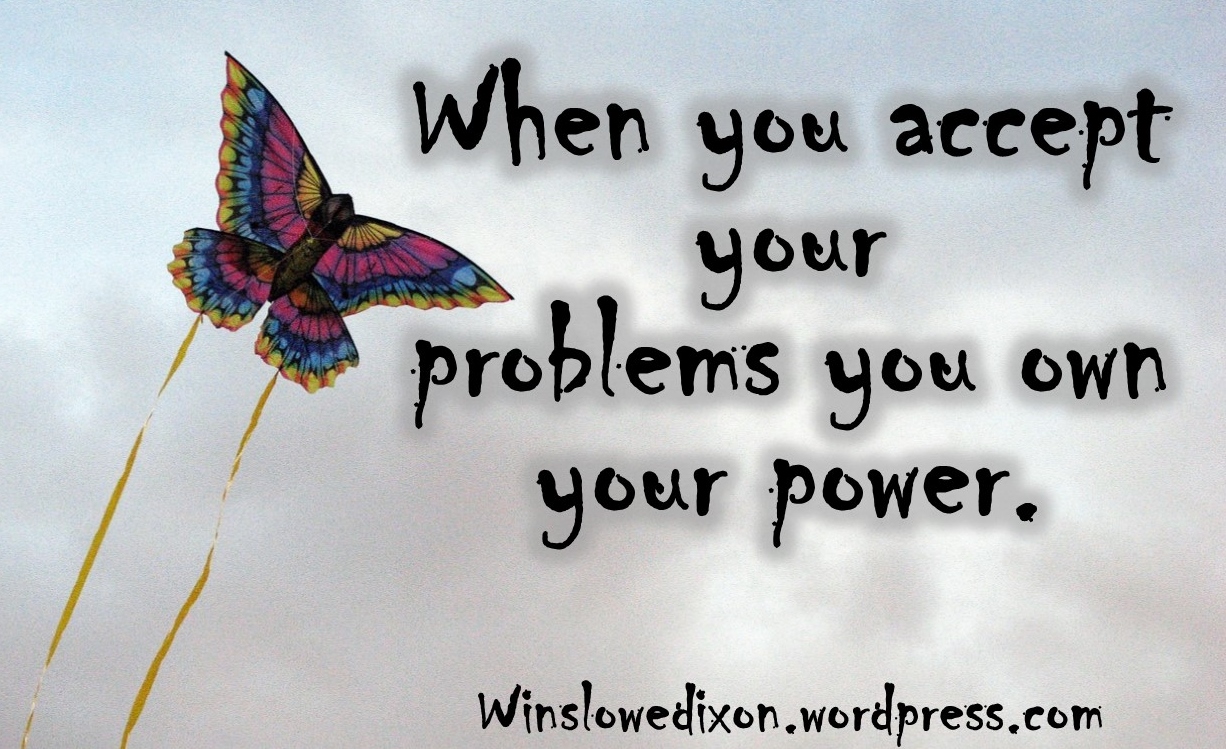Push through it!
Get over it!
Mind over matter!
Do you hear these things from people who don’t understand your illness?
Do you still feel burned out even after doing all the “right” things for your health?
Honestly, everyone gets burned out sometimes.
Whether you are sick or well, life has a way of getting to everyone. And today — it got to me. Lately I’ve been having to do these kidney and bladder treatments at the hospital, two hours away, for six weeks. I was supposed to get up early this morning and head into the local social security office to manage my fight for disability, then go on the two-hour trip to the hospital for treatment.
And guess what? Neither of these things happened today.
I just felt absolutely burned out.
How does one breakthrough the feelings of burnout?
How do you get over the feelings of being stuck in a rut, being trapped or hopeless?
Below are some tips that may help you break through a burn out:
1. Get out of your mind.
Yes, this sounds almost impossible- but it’s the greatest tool that helps me the most. What does it mean? Sometimes, you have to get away from your own thoughts.
I tend to get overwhelmed and upset when I feel out of control. I start thinking about how I wish I was still in medical school, how I wish I was still working, how I wish life was different. Then I end up spiraling into despair and it only gets worse. So, I have to get out of my mind. These tips have helped me escape the overwhelm, and might help you too:
Write down every positive thing in your life — the happy moments, the blessings and all the good things you are thankful for. I read my list and try to have an “attitude of gratitude.”
Write down the sad things in your life on a piece of paper, then shred or rip that paper and say (or yell) the affirmation “These things do not define me.”
Replace every negative thought with two positive ones. For example, “I can’t drive right now. I feel dependent — but I still have my car! One day I’ll drive again, and be independent.” Change your mind and you’ll change your attitude.
2. Learn to say “no.”
I believe we are each still in control of our lives. For example, today I had a full schedule of things I was supposed to do. I woke up in increased pain and was completely exhausted, so I called my friend who was supposed to take me to all these events and was like “Nope – not happening.”
I took control of my day and you can too. If you don’t feel like doing something, you have the human right to say no. No is a complete sentence. You don’t owe anyone an explanation.
(Yes, I know there are some things you have to do….see # 9 for these situations.)

3. Change your surroundings.
I know we’ve all heard the saying about the feeling “the walls closing in.” I never fully understood that until I was homebound. Feeling trapped doesn’t help anyone’s mental state. When I feel this way, I try to change my surroundings. I may not be able to get in the car and drive anywhere, but at least I go outside and sit in the sun. For me, getting fresh air really helps. A change of scenery might help you too if you feel the walls closing in.
4. Surround yourself with good people.
A great way to refuel your burned out spirit is to surround yourself with people you can enjoy life with. People who encourage you, listen to you and make you laugh can help you heal when you feel like you’re at wit’s end. Call a friend, send a text or email.There is no shame in reaching out if you need a good friend’s company!
5. Eliminate as many stressors as you can.
Whether they be physical, emotional, spiritual or mental stressors, try to de-clutter as much as possible. If someone is speaking negatively to you, you don’t have to engage in the conversation. Eliminate as many toxic people as you can. Avoid things that trigger increased pain, sadness or stress. Are there certain things that increase stress in your life? Are there people you need to avoid? Are there situations that hurt you? Try to get away from as much negativity as possible….and when it’s not possible, care for yourself as best as you are able. If you have to face a negative situation, reward yourself with something positive afterwards.
6. Enjoy the little things in life.
Pamper yourself in tiny, special ways every single day. You could take a hot bubble bath, read a book, drink a smoothie, watch a good movie, wrap up in a soft blanket, light a candle or listen to a calming playlist. Do something that comforts you. If you are burned out, you need to refresh your mind, body and spirit. Little things go a long way.
7. Assess your life.
If you are in a state of burnout, try to figure out why. You cannot improve something that you don’t fully understand. Keep a daily journal. It will give you pieces to the puzzle that is your life. When you can see all the pieces, you can put the picture together. You may not be able to fix everything, but figuring out your triggers, stressors and problems will help you cope with them.
8. Take care of yourself.
I’ve said this many times, and you should say it too: self-care is not selfish. You cannot lift anyone else up with broken wings. You have to take care of yourself as best you can. If you don’t, it makes it so much harder to try and help anyone else. Be sure you are taking care of your needs. Eat properly, hydrate, rest, sleep and relax. Ask for help if you need it. 
9. Acceptance and action.
I firmly believe that problems lose their power once you confront them and accept them. Some things in this life cannot be changed, but life must go on. When we accept the challenges we have to face, they no longer have power over us. Wallowing in self-pity never solves any problems (but we all do it from time to time.) Dreading upcoming events and problems we cannot change will only help to keep us feeling defeated. We all have battles we have to overcome in this life, but that doesn’t mean we have to give in.
When you accept your problems, you own your power.
You fight for what you can change and accept what you can’t. 
10. Feel your emotions.
Sometimes we are so focused on being strong and battling our bodies and lives, that we bottle it all in and suppress our emotions. I believe there is a difference in giving up and giving in. All humans need to give in to their emotions in a healthy way in order to process them and get through them. It’s OK to cry when things get hard. It’s OK to reach out if you need support. It’s OK to be vulnerable. To truly feel, accept and work through your emotions isn’t weakness — it’s true strength. Any person can lash out in anger, but it takes a strong person to be honest with their emotions. Let it out. Let it go. Free yourself from the bondage of your burdens.  Everyone feels overwhelmed at some point in life, but I believe we can all try and break through the burnout.
Everyone feels overwhelmed at some point in life, but I believe we can all try and break through the burnout.

